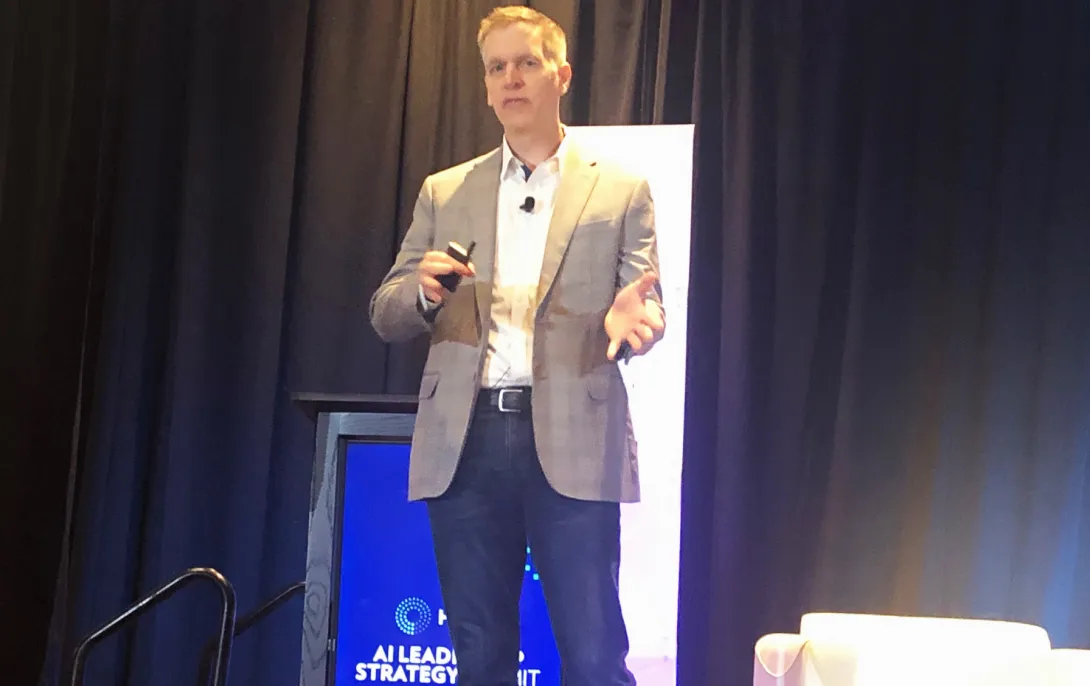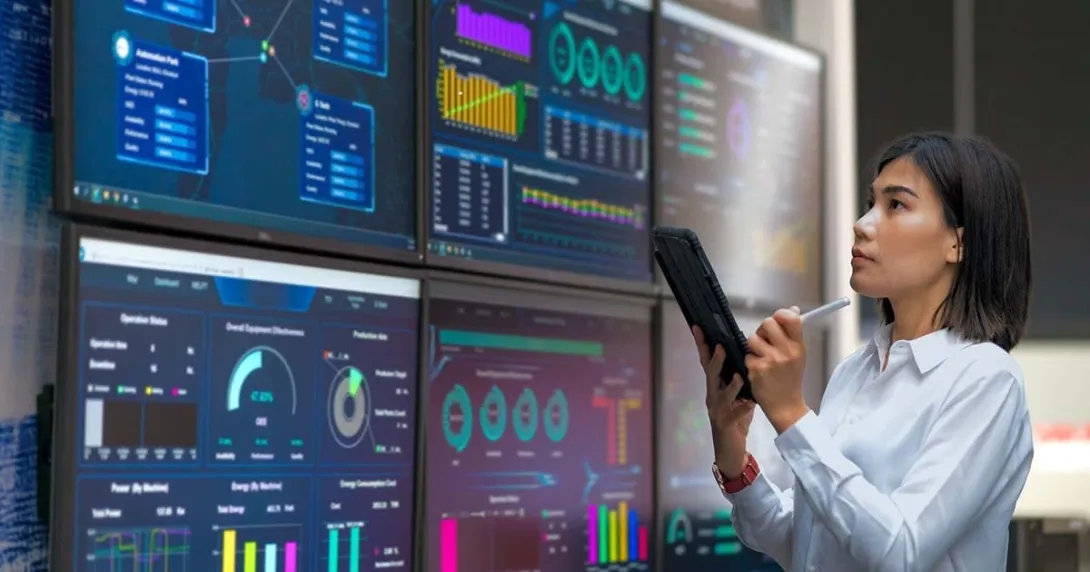[London, UK] The Topol Review into the digital health training needs of the NHS workforce has issued an open call for evidence from experts across the health technology sector as it published its interim report.
The Review, led by cardiologist, geneticist and digital medicine researcher Dr Eric Topol and facilitated by Health Education England, has engaged with leading experts to inform the interim report, which sets out the potential impact of technologies such as genomics, digital medicine, and artificial intelligence (AI) and robotics, on the NHS workforce.
The publication – which shows that new technologies will transform how healthcare is delivered – is the ‘beginning of the conversation’ into these issues.
The Review has now invited people with evidence and experience of introducing or developing technologies in health and care to get involved by sharing case studies and joining online discussions via the Topol Review website.
“The speed in which the digital age is upon us, provides the opportune time for the NHS to review its position with respect to the effect these new technologies and innovations are having now, and will have in the future for the provision of patient diagnosis, treatment, care,” said Patrick Mitchell of Health Education England, and Lead Director for the Topol Review.
Contributions will then inform the final report, which is due for completion in December 2018, and which will inform the workforce development plans for the wider NHS. Wider engagement on the findings is planned from January 2019.
The anticipated impact of technology in the NHS is far-reaching
Topol was commissioned to lead the review earlier this year by Jeremy Hunt, Secretary of State for Health and Social Care, to help ensure that the NHS is at the forefront of life-saving or life-changing care for decades to come.
The doctor then assembled a Review Board which has outlined some of the implications of technological changes on the NHS workforce.
The report anticipates, for example, the use of small mobile ultrasound devices will mean that some traditional clinical skills, such as listening to heart and lung sounds, may be superseded. However, skills and attributes such as communication, compassion, empathy, and caring will retain a central role for clinicians.
New areas of knowledge and skills will be required, such as understanding of genomics. New professional groups, such as clinical data scientists, medical software engineers and digital medicine specialists, may be required.
The impact of new technologies is expected to be far-reaching, across both the workforce and the wider healthcare system.
“We desperately need innovation in healthcare. Artificial Intelligence is already in every aspect of our lives – from navigation to voice recognition – and will now be applied to healthcare, the next frontier,” said Topol, who is also Professor of Molecular Medicine and Executive VP, Scripps Research Institute, La Jolla, California.
The report also sets out three key principles which should govern the NHS’s future workforce strategy, where patients, evidence and extra time for care, work together to enable all healthcare professionals to be ready for the digital future.
Visit the Topol Review website for further details.


